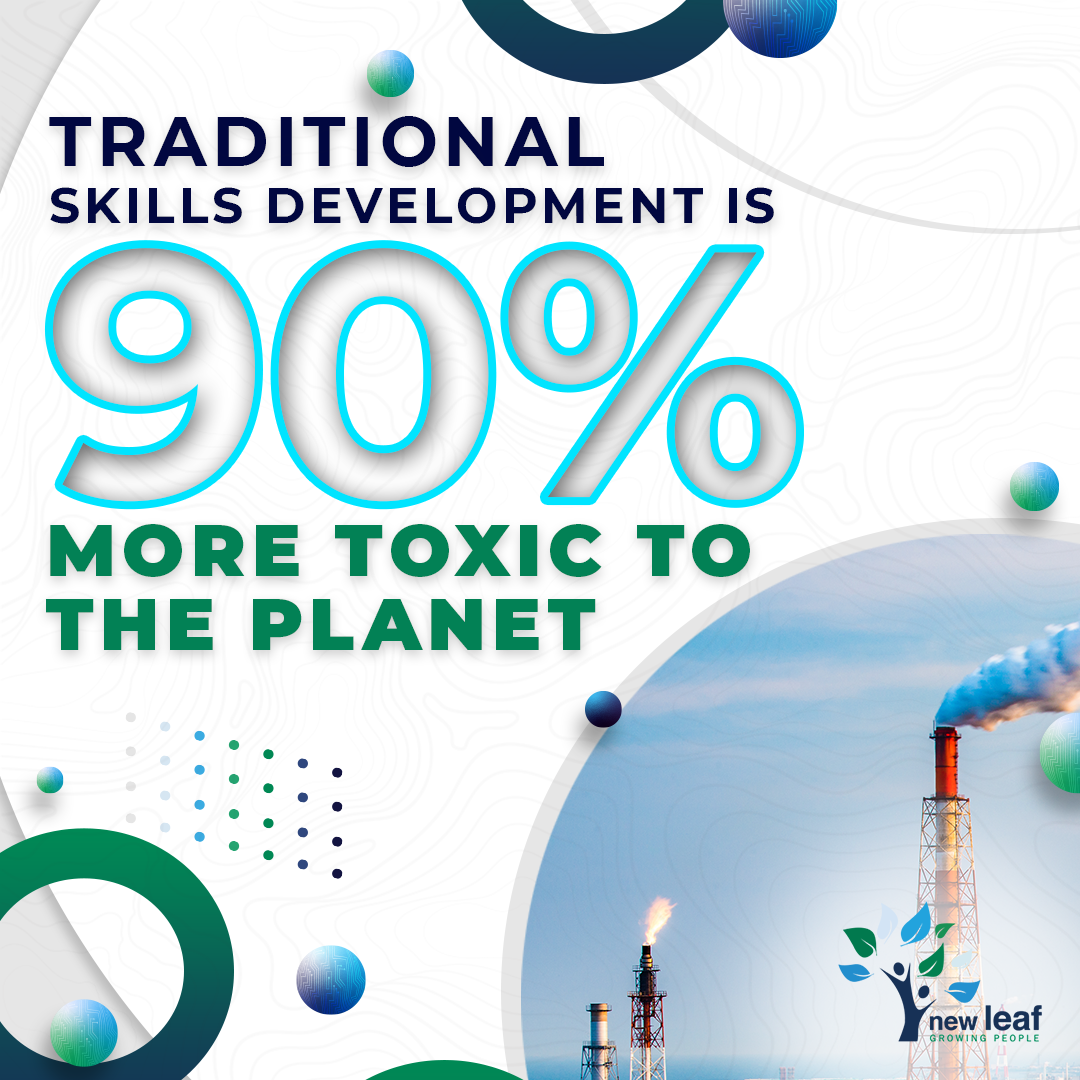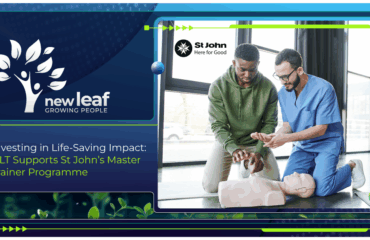
The recent United Nations COP26 saw 151 countries pledge to reduce carbon emissions by 2030 to avoid the planet warming by 2.5°C by the end of the 21st century. It also thankfully saw the US recommit to climate change efforts after Trump discarded these in 2017.
But how do we do things differently to support the planet? We have already seen the automotive industry moving towards electric vehicles, farming supporting soil preservation and the introduction of international carbon tax programmes. However, the energy and mining sectors are still a long way off from reaching these targets, especially in South Africa.
In a global study released by Deloitte this year, 77% of South African executives said that they were concerned about the impact of climate change. 50% indicated that they had already upgraded their industrial processes to reduce emissions.
However introducing renewable or sustainable processes will require the efforts of all employees. Breaking old habits in favour of a greener corporate culture – whilst educating employees on the latest technologies, legislation and government policy – needs widespread and targeted training.
Courses and training programmes that involve environmental social governance (ESG), corporate social responsibility (CSR), corporate shared value (CSV) and compliance – such as ISO (International Organisation for Standardisation) standards – will be crucial as companies transition their business models to support climate change efforts.
It is important to understand the industry and sector in which professional work is conducted. Having a theory-based aspect to the sustainable – or renewable – energy sector ensures employees understand the ins and outs of that industry, from its history and relevance to the various facets of organisation such as health and safety, for example. There could be a lot of compliance training on sustainability down the line.
One of the biggest advantages of eLearning programmes is that they can be implemented at any time and in any place. Vital stages such as onboarding, implementation of standard operating procedures and specific skills training can all be easily administered using dynamic multi-media to communicate complex procedures effectively.
Transitioning your training and development online is the first step in supporting climate change and improving your business ESG. It not only radically reduces paper wastage but also greatly cuts emissions created by manufacturing and transportation. A study by the UK’s Open University Design Innovation group found that online learning consumes an average of 90% less energy and produces 85% fewer CO² emissions per learner.
Coupling eLearning with a sustainable project, such as planting trees, further bolsters ESG by ticking two boxes – socially educating people and offsetting carbon emissions.
Start working towards a greater, greener future for your business and the planet. Chat to New Leaf Technologies about how you can develop a sustainable skills development programme which supports climate change initiatives.




